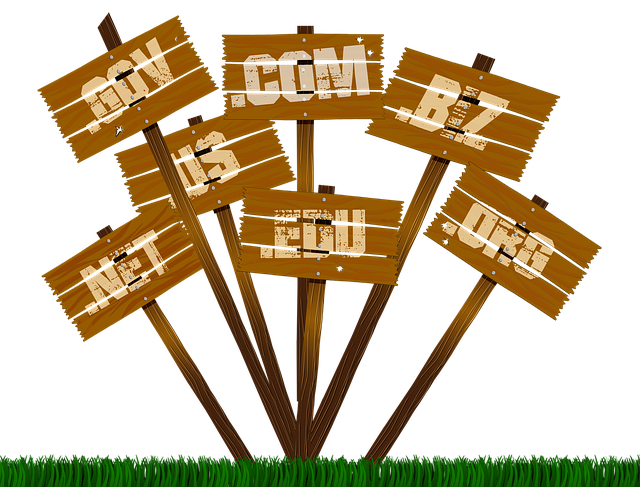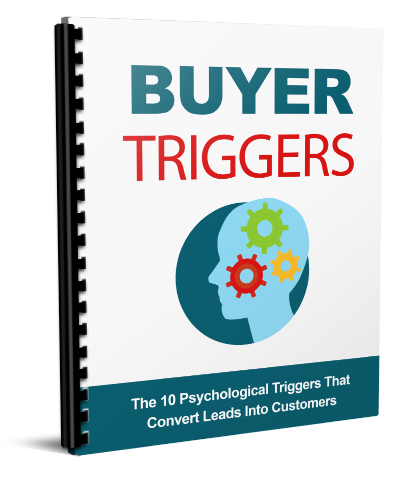Starting an online business may be a simple decision for you. For some people, generating a business idea, creating a concept, and drafting a business plan comes very easily. While many of us may agonize over business plans, they take a vision and spin it into a lucrative practice within a short period of time.
The importance of a Domain Name
But there is one area in which nearly all of us struggle: choosing the right domain name for our new online enterprise. The process has been likened to selecting the ultimate name for a hit band: it has to be just right in every possible way in order to gain traction in the market, be memorable, and accurately reflect your business. Domain names have an extra step that can complicate the matter: they have to be available.
In this article, we’ll look into some tips and tricks to help you brainstorm the ultimate domain name for your site. While we can’t guarantee you’ll land upon a winner on the first try, this advice should certainly get the wheels in motion towards christening your new endeavor!
Step One: Staying On Brand
In the early stages of creating your website, you may have a very hard time “staying on brand”, because there’s no existing brand to follow. You may have some ideas of the product or services you wish to offer, and how you wish to communicate to your future target audience, but other than that, you may not know “who” your brand really is.
Some business owners develop the branding first, then find a domain name that nestles nicely into their niche. Others find a domain name that seems to work, then develop the brand around that name.
While neither option is specifically “right” or “wrong”, make sure that you’re going to be comfortable with this identity. Don’t choose a name that you don’t want to see on all of your shipping labels, paperwork, tax documents, etc for a very, very long time.
Some Rules
There are a few guidelines you can follow when choosing a domain name, regardless of your specific brand identity. For example, you want a name that is unique. If it sounds too much like another website or business, it will be very easy for others to mishear the name, mistype the name, or become concerned that your site is a “copycat” or illegitimate site.
You also want a name that is memorable. There are plenty of ways to create a memorable name. For example, “Google”, is essentially a nonsense word, but it’s very easy to remember, because it’s spelled like it sounds, it’s short, and doesn’t have to fight with similar-sounding domain names.
At the same time, sometimes a longer name can do the trick. Let’s say your name is Dave, and you have created a business selling socks. “Davesellssocks.com” might be a great domain name for your business, as it details exactly what you’re doing, with a little bit of quirkiness, and a high chance of being memorable.
If these tips don’t get the ideas flowing, consider some advice for what not to do when brainstorming a domain name.
Ideally, you want a name that is fewer than 15 letters or numbers, and try to stay away from any complicated characters that might prove confusing when others are trying to find your site. While using numbers or punctuation in place of letters might allow you to snag the domain of your dreams, consider whether others will be able to figure out the spelling and pronunciation of your site. You want a name that can be shared easily, not one that requires some guesswork!
Step Two: Choose the .com
Due to the rapid and unending expansion of the internet, there are more Top Level Domain (TLD) extensions than ever before. Surely you’ve seen websites that end with .net, .org, .shop, .biz, and more.
While it’s wonderful to have so many options available, consider the popularity of the .com. The .com TLD is arguably the most popular world-wide extension used today. Most people will admit to automatically typing “.com” into the address bar even if they know otherwise.
There are, however, exceptions to this advice. If you are specifically targeting a location with your website, you may wish to use an extension that is particular to that location. For example, .eu is the European Union, .cn is China, and .de is Germany. If your goal is to keep your site very localized, choosing a Geo-TLD might be the best option for your domain.
Step Three: Make Sure You Choose a Domain You Can Own
There are plenty of domain sale sites available, which can allow you to search for a particular domain name and check its availability. If a name appears on these sites, then surely you want to jump on the opportunity to grab your ideal domain, right?
Yes, but hold that thought! Doing a little legwork before you make a purchase can be helpful. Always Google a domain name before you purchase it. But why?
First, this will help you discover any businesses that might be operating under that name. Just because they don’t own the domain name, doesn’t mean they’re not a legal and registered business! Before you accidentally tread on a trademark, make sure no one else is using that name for their business.
Type in the domain name by itself (no .com, etc), then review the first three Google result pages. If anything shows up using that exact name or phrase, you have the potential for some issues down the road. That being said, the search result might be an historical or inactive website. Check it out anyway! If the site was recently active, someone might remember it, and associate your newly-launched site with the previous domain.
There are several historical search sites, such as whois.sc or the Wayback Machine (web.archive.org), which can help you uncover the history of your potential domain name. If it was associated with a poorly-run business that still harbors bad feelings, or dealt with illegal or unsavory business, you probably ought to return to the drawing board.

Final Considerations
No matter what, choosing a domain name is going to be a lengthy process. You might want to keep a notepad handy, because inspiration will strike at the most random times.
Follow any decent lead through the brainstorming process. Test out the name on friends and family members of different ages and backgrounds, too: see if it stands out as odd or difficult to remember within different demographics. Eventually, you will find the perfect domain name, even if it wasn’t nearly as easy as it was to create the entire business behind it!









